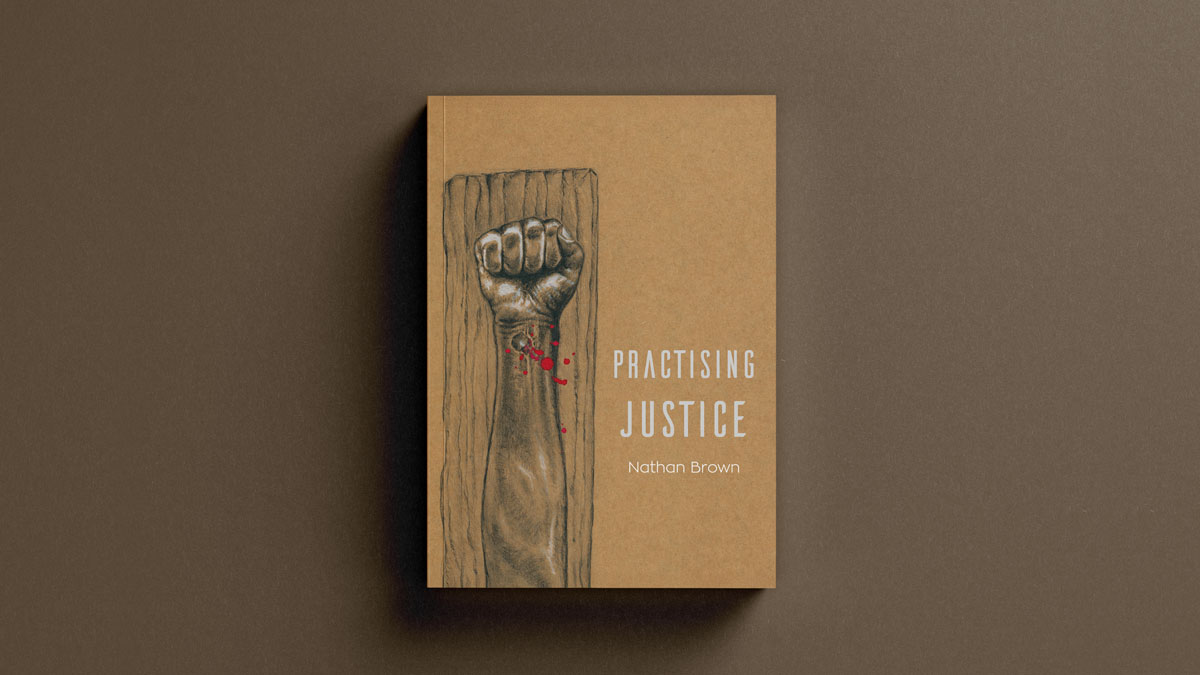Practising Justice
by Nathan Brown
Often enough, a book’s title serves primarily to catch the prospective reader’s attention just long enough to get the reading process started. Other times, it tells us something important about the author’s approach to the topic. As the title suggests, the topic of Nathan Brown’s new book is justice, explored through a biblical lens, as well as through principles from the civil rights movement led by Martin Luther King, Jr. It is, however, the first word in the book’s title—practising—that I think tells us most about what its author has to say on the topic.
Nathan reminds us that practising carries two distinct, but related, meanings. First, it describes an ongoing process of learning and striving to improve. This is not a book offering a clean, simple set of answers to the obvious and persistent injustices of our world. Instead, it attempts to equip us to tackle the question and seek our own answers. It recognises that both the deeply felt desire for justice and the capacity to perpetrate, or through inaction to be complicit in, its opposite are innate to each of us. This theme is covered in the first part of the book with its exploration of the theological and practical links between faith, hope, justice and love.
Second, the term practising is also used to describe the choice to actively follow a particular way of life. When we speak of someone practising medicine it implies something more than just a profession or career. Similarly, choosing to genuinely practise justice will result in changes—and challenges—in your life and the lives of those around you. This is not a commitment to be approached lightly. Fortunately, the second part of Practising Justice, which explores the commitment pledge used by the Dr King’s movement in 1963, provides a basis on which a reader can build, step-by-step, a practise of justice.
Regardless of its title or its content, any book can—perhaps should—be judged by the consequences it brings about in the thoughts and actions of the reader. As Nathan states, whether you “get” faith or whether you “get” justice, this book is an invitation. I challenge any reader not to feel compelled to accept that invitation. In Practising Justice, Nathan has achieved a book that is capable of both challenging and encouraging my thoughts and actions in equal measure. In short, it is consequential.
Mark Webster, Chief Strategy Officer, Adventist Development and Relief Agency (ADRA) International






